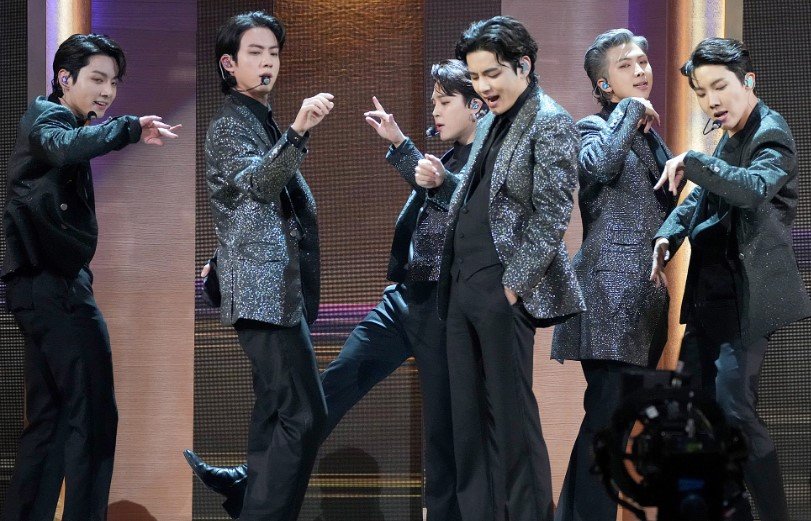In a major shakeup at India’s largest philanthropic group, Mehli Mistry, a longtime confidant of the late Ratan Tata, lost his position on the Tata Trusts boards after a majority vote against his reappointment on October 28, 2025. This decision, driven by key trustees including chairman Noel Tata, highlights growing tensions within the organization that controls a huge stake in the Tata Group.
Who Is Mehli Mistry and His Role in Tata Legacy
Mehli Mistry has long been a quiet force in the Tata world. He served as a trustee for years, advising on key matters and helping shape the group’s charitable efforts.
Known for avoiding the spotlight, Mistry never gave interviews and stayed away from flashy corporate events. His close bond with Ratan Tata started decades ago, making him a trusted advisor during big decisions.
Mistry is also linked to the Shapoorji Pallonji family. He is a cousin of the late Cyrus Mistry, who was removed as Tata Sons chairman in 2016. This family tie added layers to his role, as the Shapoorji Pallonji Group holds a large share in Tata Sons.

His work focused on philanthropy, guiding funds toward health, education, and rural growth. Under his watch, Tata Trusts expanded programs that helped millions across India.
Details of the Recent Vote and Ouster
The vote took place at meetings of the Sir Dorabji Tata Trust and Sir Ratan Tata Trust, the main arms of Tata Trusts. These trusts own about 66 percent of Tata Sons, giving them huge sway over the group’s direction.
Three key trustees opposed renewing Mistry’s term: Noel Tata, Venu Srinivasan, and Vijay Singh. This created a majority against him, forcing his exit effective immediately.
Sources say disagreements over governance and sharing info from Tata Sons meetings played a part. Some trustees felt Mistry held back details, leading to trust issues.
This event echoes the 2016 ouster of Cyrus Mistry, which sparked legal battles and shook the group. Now, with Ratan Tata’s recent passing in October 2024, leadership shifts are stirring old rifts.
- Key players in the vote: Noel Tata (chairman), Venu Srinivasan (vice chairman), and Vijay Singh (trustee).
- Trusts involved: Sir Dorabji Tata Trust and Sir Ratan Tata Trust.
- Stake controlled: 66 percent in Tata Sons.
Reasons Behind the Leadership Tensions
Tensions have built since Ratan Tata’s death. Noel Tata, Ratan’s half-brother, took over as chairman, bringing new ideas to the table.
One flashpoint was equity infusion into Tata International, chaired by Noel Tata. Some saw this as a conflict, adding to the divide.
Mistry’s ties to the Shapoorji Pallonji Group raised questions. As a cousin of Cyrus Mistry, his position sometimes clashed with group interests.
Broader issues include how trusts handle their massive wealth. Tata Trusts donate billions yearly, funding projects in cancer care and clean water.
Experts say this vote shows a push for more open governance. With India’s economy growing fast in 2025, such groups face pressure to adapt.
| Factor | Description | Impact |
|---|---|---|
| Family Ties | Mistry’s link to Shapoorji Pallonji | Raised concerns about divided loyalties |
| Governance Disputes | Debates over info sharing | Led to loss of trust among trustees |
| Recent Leadership Change | Noel Tata’s rise after Ratan’s death | Shifted power dynamics |
| Philanthropic Focus | Handling of funds and projects | Pushed for reforms in decision-making |
Impact on Tata Group and Future Outlook
This ouster could ripple through the Tata Group, worth over 300 billion dollars in 2025. Trusts’ control means board changes affect companies like Tata Motors and TCS.
Stock markets reacted mildly, with Tata Sons shares dipping slightly on October 29. Analysts predict short-term uncertainty but long-term stability.
For philanthropy, Tata Trusts continue vital work. They recently launched AI-driven health programs in rural areas, aiding over 10 million people.
Looking ahead, the trusts may seek new trustees to fill the gap. This could bring fresh voices and resolve ongoing divides.
The event draws parallels to past corporate dramas in India, like the 2016 Tata-Mistry feud that went to court. Lessons from that may guide smoother transitions now.
How This Fits into Broader Corporate Trends
In 2025, Indian firms face rising scrutiny on governance. Recent laws demand more transparency in family-run conglomerates.
Other groups, like Reliance, have seen smooth handovers. Tata’s case shows the challenges when philanthropy and business mix.
Mistry’s exit might inspire reforms. Trusts could adopt clearer rules for trustee terms and conflicts.
Globally, similar shakeups happen in foundations like the Gates Foundation, where leadership changes spark debates.
What do you think about this development? Share your views in the comments and pass this article to friends interested in business news.
